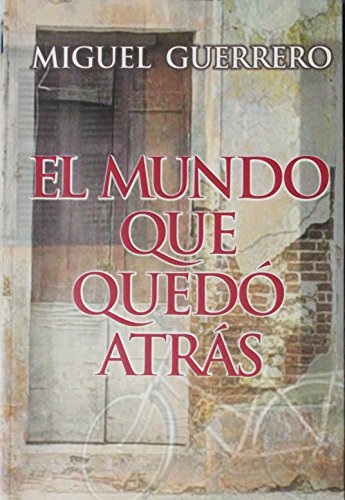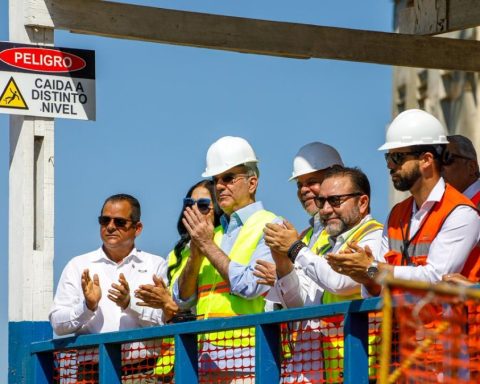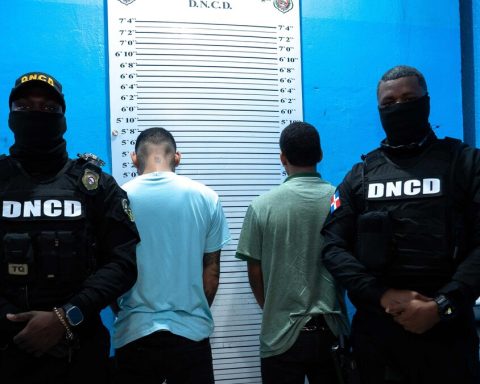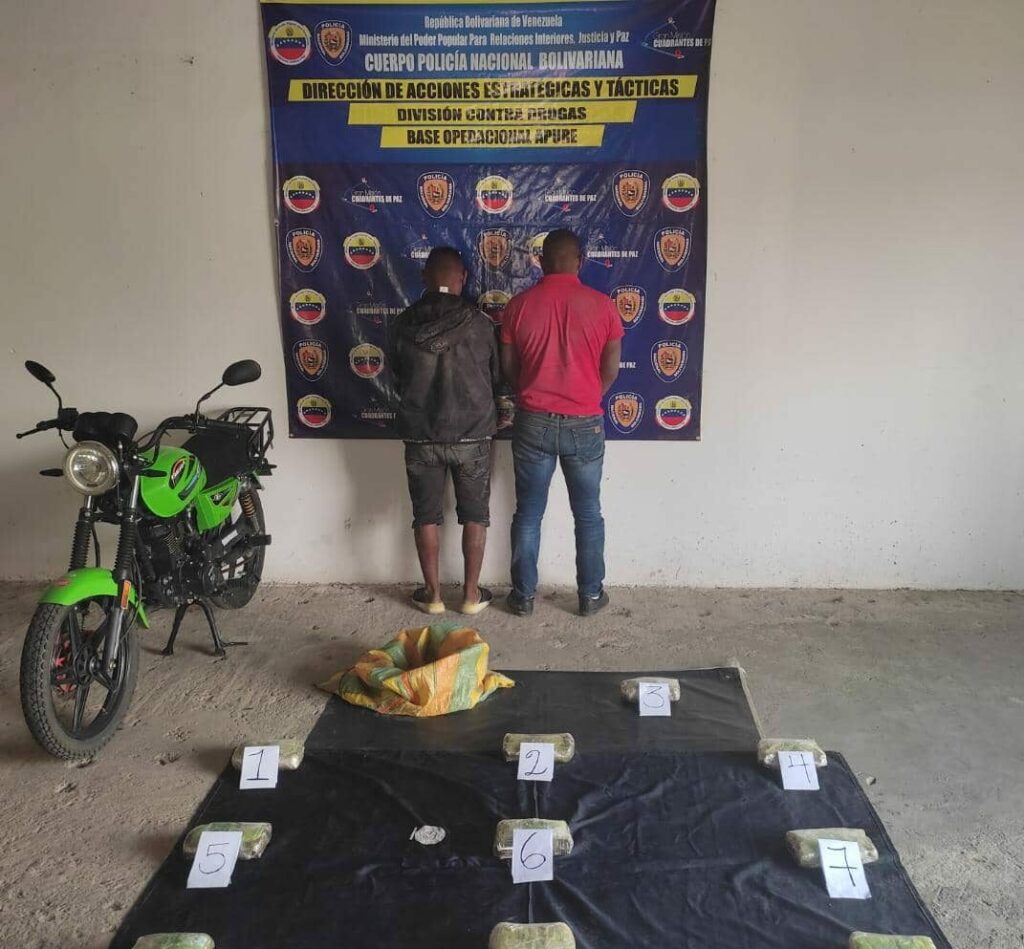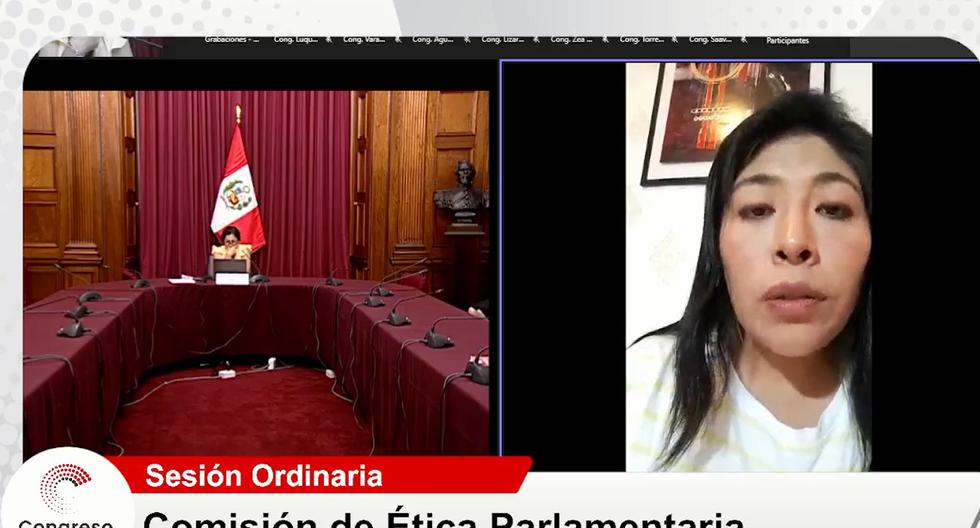An epidemic of lice nearly ended the Bolshevik revolution in the difficult days of 1918. The plague shook the foundations of the regime, which was then waging a decisive battle against the remnants of Tsarism.
These were difficult times for Lenin and his followers. The summer of 1918 was terrible, says Victor Alexandrov in his book The Mysteries of the Kremlin. The civil war was violent: riots, insurrections, riots, to which were added famine and typhus that broke out in June and lasted almost until May of 1921. In the fight against lice the Bolsheviks put as much effort as in the war. The proclamations called for fighting them as well as the tsarist enemy. Lenin made an important personal exhortation. At the Troitzki gate in Moscow, the Bolsheviks placed a giant banner recalling the duties of the Soviet citizen. It was signed by Lenin and read: “Comrades! The louse will defeat socialism or socialism will defeat the louse! Everyone to fight against the lice!
The revolutionary spirit was put to the test. Material and human resources were subtracted from the war effort to reinforce the fight against this ferocious enemy that threatened the Bolshevik victory. Very soon, the plague of lice spread throughout Russia. Hunger, cold, and shrapnel on the battlefields of a civil war that was then in its most intense stage, was joined by this new element of death. Red soldiers and peasants fell from bullets and lice. The situation imposed new sacrifices. The battle against the plague took on the characteristics of a patriotic crusade. “Giant bonfires,” Alexandrov wrote. “Dirty clothes, dresses and other garments were confusedly thrown into them.” The people’s commissars went to the most backward regions of Russia to fight the lice. Throughout the long period of consolidation of revolutionary goals, from the very triumph of the Leninist coup against the Kerensky government in October 1917, With the end of the civil war against the whites in 1921, no other year was as critical for the Bolsheviks as 1918.
Various attempts to overthrow the soviets arose in that period. The moral and economic situation of the country was deplorable. The ravages of a costly war against Germany had bled the nation dry and created an environment of frustration that was extremely dangerous for Lenin’s goals and his followers. The demoralization that devastated millions of Russians was not the best guarantee to assure them the sacrifices and devotion that their plans required. Since the revolution was not yet strong, Lenin needed the support of his circumstantial allies in the party of revolutionary socialists. However, the peace of Brest-Litovsk, which had ended hostilities with the Kaiser, had alienated their support. The Socialist Revolutionaries considered the armistice with Germany a betrayal and planned the downfall of Lenin. At the beginning of July the revolt broke out.
The Kremlin walls felt the shake. Supported by Latvian troops, the Socialist Revolutionaries surrounded the Sovnarkome palace. The final days of Bolshevism seemed near. Besieged within the walls of the former residences of the tsars, the leaders of the revolution seemed close to a surrender. While the revolutionary socialists debated the fate of their enemies and the orientation of the new regime, Trotsky had time to come to the aid of his comrades once again, from the internal battlefront, and subdue the offensive against Lenin. The fight against lice lasted, however, a long time. With the typhus epidemic, he put hundreds of thousands, perhaps millions, of Russians across the country to their graves. The Bolsheviks invoked revolutionary fervor to combat the epidemic, but in fact it took more than ideology to stamp out the lice.
–0—
In what could have been his last interview with journalists, Julián Gorkin revealed in 1987 to the Spanish magazine “Cambio” 16 unknown and fascinating aspects of his life as a revolutionary and anarchist. Shortly before dying in Paris, at the age of 86, Gorkin, whose real name was Julián Gómez García, gave unpublished details of his break with the Soviet Union, after the assassination on Stalin’s orders of the communist leader Andrés Nin, his departure of the Spanish Communist Party and the causes that motivated the founding of the Partido Obrero de Unificación Marxista (POUM), during the years of the Spanish civil war.
However, the most spectacular aspects of his account, full of life and rich in detail, refer to his judgments on Soviet communism, the North Atlantic Treaty Organization (NATO) and the attitude of numerous Marxist intellectuals, writers and poets. against Stalin’s crimes and Soviet despotism. When asked how from a professional communist revolutionary he became a fighter for freedom and fighter of all kinds of dictatorships, the old revolutionary replied: “…it was inevitable. After the Moscow trials, that the GPU, Stalin’s secret police, could do something similar in a country in the midst of a civil war (the murder of Nin, among others), torturing anti-fascists because they refused to declare themselves Hitler’s agents, it was for reflection. But, later, what hurt me the most was the impunity with which men like José Bergamín and Pablo Neruda, who had applauded those crimes, operated among the left.” Gorkin made severe judgments against both in that last interview: “Bergamin wrote a prologue to a book that served as an excuse to justify the attacks against us.”
Gorkin’s story becomes even more colorful when he adds: “one day, after the war, I found him (Bergamín) in a cafe in Brazil, and when he made a gesture to hide, I couldn’t help it and I told him: “Don’t worry! hide, bastard I’m not going to spit in your face like you deserve!” His judgments of Neruda, the late Chilean poet, are even harsher. “Pablo Neruda was the one who led the campaign against us (those of the POUM) in Latin America. He boycotted our acts and cheered people on through the communist press, presenting us as imperialist agents. He, who when Stalin died remembered him with a monstrous poem in which it was said that after his death the oceans stopped. Neruda was despicable.” Gorkin attributed a mercurial interest to Neruda’s revolutionary behavior. “He did nothing if he was not paid,” he said in the interview and recalls that Fidel Castro himself, when they talked to him about taking him to Havana to give a conference, said: “he is too luxurious a bureaucrat for a poor country.” .
The old Spanish revolutionary defined the triumph of Felipe González as the end of the Francoist legacy and the consolidation of democracy in Spain, describing him as a “realist politician”. However, he stressed that the mistake of González’s Spanish Socialist Workers’ Party (PSOE), in his blundering understanding, was trying to enter the European Common Market without fully entering NATO. “NATO is a fundamental trench for the defense of Europe and freedoms,” Gorkin said in the interview shortly before his death. “Until this problem is resolved, Spain will not be taken seriously, especially considering that the Iberian Peninsula is one of the strategic positions for the defense of Community Europe.” Regarding the Soviet leader Mikhail Gobachev, Gorkin maintained: “it is not a decisive question. No matter who is in the Kremlin, the mechanics of the state apparatus, a single party, always imposes totalitarianism.
Soviet Russia continues to dedicate the largest part of its budget to armaments. That is why NATO is a trench for the defense of Europe. Without America’s atomic arsenal, Europe has no guarantee.”
